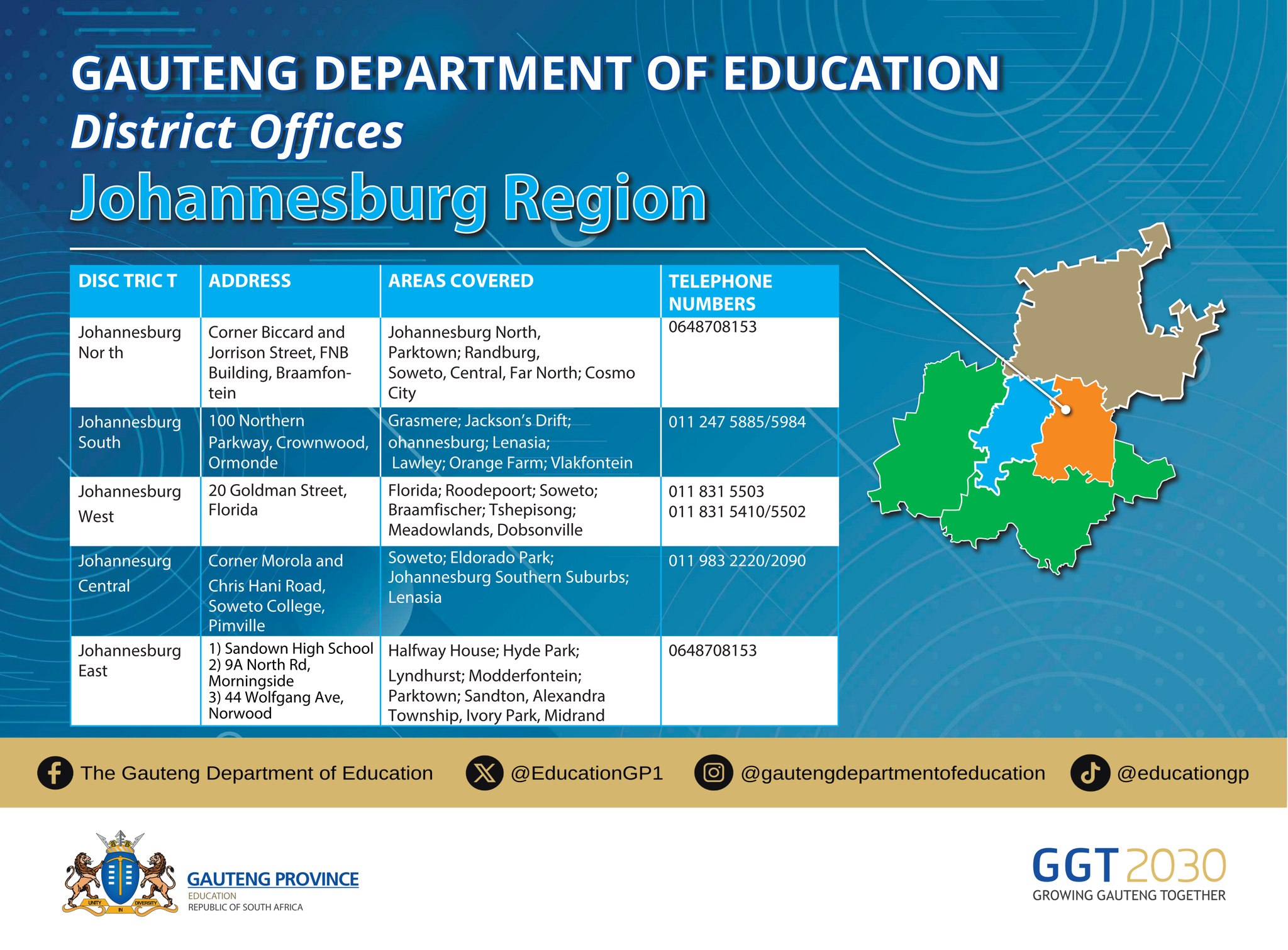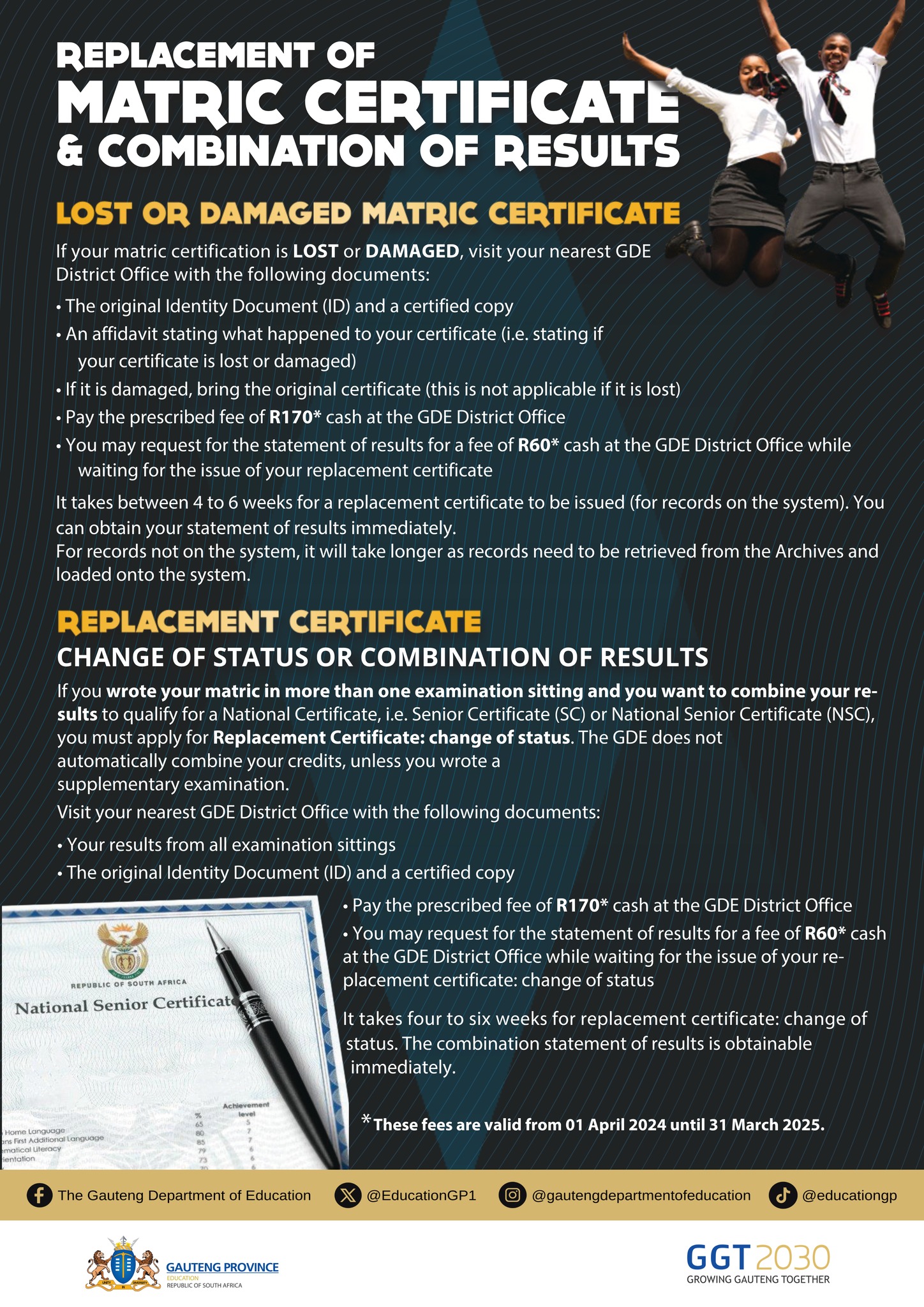By Prof. Busisiwe Mavuso
- The rapid changes in global geopolitics mean this week’s budget speech takes place in a different context. The US’ significant withdrawals of funding to SA mean that the government will have to pick up some of the slack.
- SA’s fiscal position does not leave it with many choices and that is true across the world, with average debt at levels not seen since World War 2.
- Our first budget was stalled over the issue of VAT. With VAT facing strong political resistance, government is having to find ways to cut down on expenditure while squeezing what revenue is possible from other sources.
- The GNU must find credible ways to improve the outcomes from government spending, ensuring that quality services are delivered through improved efficiencies and by allocating spending to where it can drive investment.
The rapid changes in global geopolitics mean this week’s budget speech, which was meant to happen two weeks ago, takes place in a different context. The United States’ global actions are forcing governments everywhere to think in completely new ways. Those actions of course affect SA directly, with significant withdrawals of funding, including $430m a year for the fight against HIV and just last week its withdrawal from the Just Energy Transition Partnership, which it had committed $1bn toward funding.
This directly affects the funding of important projects in SA and government will have to pick up some of the slack. Worse, the global economic outlook now looks to be clouding over as businesses and nations brace themselves for trade wars. As hosts of the G20 this year, our international engagement will help position SA in this new geopolitical reality, but our domestic reality must adjust to it too.
The fiscal position we are in does not leave us with many options. That is true across the world, with average debt at levels not seen since World War 2. Economies worldwide are being thrust into this environment and you’re seeing governments go where they’ve never gone before. As many governments are coming to realise, there is little option but to find ways to do more with less. We are facing complexity of a different kind to anything we have faced before.
Our first budget was stalled over the issue of VAT. Increasing VAT was initially tabled as a way to balance the books of a budget that also increased spending on programmes to support the least well-off. With VAT facing strong political resistance, government is having to find ways to cut down on expenditure while squeezing what revenue is possible from other sources.
This is going to require the art of the possible. Cutting back expenditure must happen in ways that protect economic growth. And we must somehow ensure that government service levels are not only sustained but improved, particularly at local government level (as President Cyril Ramaphosa made clear in his setting up of a task team to deal with Johannesburg’s inexorable decline). To find the way to the possible, we will need to think about things in a different way.
The government of national unity (GNU) has the potential to do that. It obviously brings new thinking to the table through the different parties that constitute it. The challenge will be to channel that new thinking in ways that are productive and find the opportunities to drive government finances in the right way, while also ensuring delivery.
I’ve written many times that fiscal policy is critical to business confidence. A few years ago, we were facing catastrophe, with investors having lost confidence in government’s ability to control spending and debt levels. We were in a debt/growth spiral, with every rand of government spending leading to more than a rand withdrawn by panicking investors. Since then, government has managed to restore trust by showing it is able to deliver on promises to control spending and rein in debt. It has translated into much better prices for government bonds and led some ratings agencies to upgrade their views on government’s creditworthiness. Whatever the GNU brings to the table for the budget on Wednesday, it is imperative that it continues this trajectory, earning increased confidence from investors. Business and investors have been building confidence in the ability of the GNU to advance structural reforms while remaining stable, and the budget is a clear opportunity to demonstrate that their confidence is well-placed.
Of course, more tax is also going to be needed. Without VAT, though, the options are limited. Higher personal or corporate tax rates just push economic activity outside of the country where taxes are lower, leaving revenue worse off. Some more narrow taxes could help but in the absence of VAT increases, there is going to have to be creative thinking about expenditure savings.
I hope the GNU has been able to take inspiration from the global environment and the willingness of governments to tackle challenges in new ways. Improving the outcomes from government spending, ensuring that quality services are delivered, is critical. The GNU must find credible ways to do that, through improved efficiencies and by allocating spending to where it can drive investment.
The test of Wednesday’s budget will be how well it delivers the needed balancing act. I hope we are left with greater confidence in the effectiveness of the GNU, government’s ability to manage its finances, and the outlook for economic growth.










